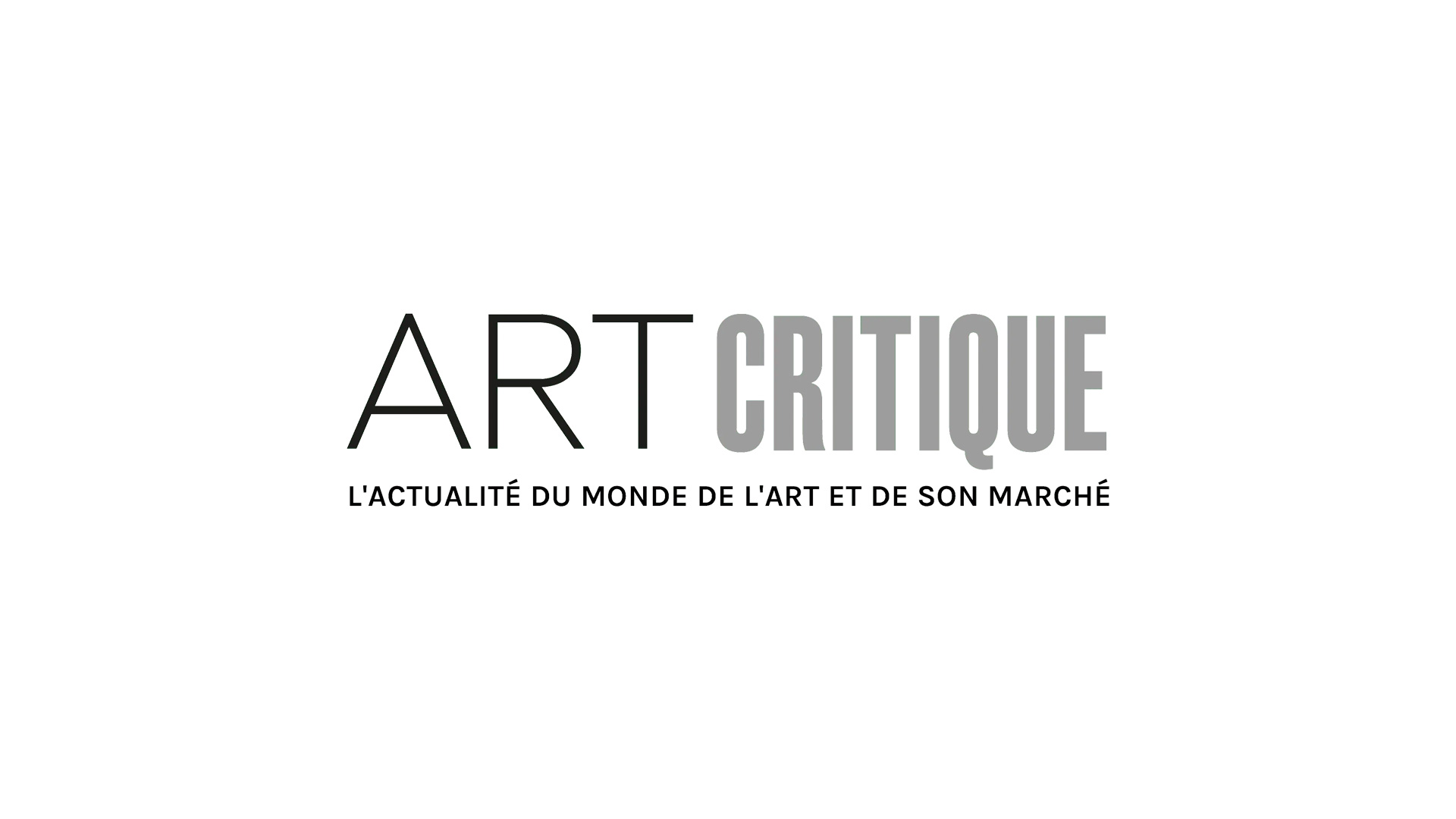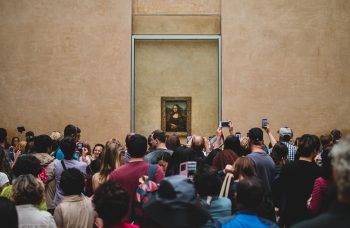Happy (Belated) World Theatre Day! May the masks of sock and buskin protect all prosceniums and no curtain call be met with thrown produce. While it may seem like a very modern calendar marking- and one certainly not celebrated under every roof- World Theatre Day has a long standing tradition of not only supporting those in the performing arts, but a goal of promoting international peace. As an art form whose practitioners have often found themselves having to justify their existence in the wake of film and TV dominance, this annual celebration highlights the power of theatre to affect our planet for the better.
World Theatre Day is an advent of the International Theatre Institute, an organization founded by playwright J.B. Priestley and original UNESCO director (United Nations Educational, Scientific and Cultural Organization) Julian Huxley in 1948. While there are some murky waters to do with the founding of ITI in relation to their current values (Huxley having been a fervent proponent for eugenics), the goal of world betterment and international exchange through the practice of theatre rings clear as they have upheld World Theatre Day since its inception in 1962. The keystone of each year’s World Theatre Day is its “International Message”, a statement issued by a prominent theatre practitioner selected by ITI from anywhere across the globe. The individual’s statement is then translated into dozens of languages and shared online, through events at ITI’s centres, and delivered to audiences before countless performances around the world. In this way, not only is a dedicated member of the international theatre community honoured for their contributions and able to honour their community, but a different cultural perspective on the art form is more readily heard from in every corner of the world.
This year’s International Message comes from renowned director, playwright, and theatre academic Carlos Celdrán. A native of Havana, Cuba, Celdrán founded the theatre group Argos Teatro, their staging of European theatre classics such as Brecht, Beckett, and Ibsen for Latin American audiences highlighting Celdrán’s cross-cultural approach to art. One of Celdrán’s most notable works is his play 10 Million, an autobiographical exploration of self in post-revolution Cuba. In his message, Celdrán perfectly captures the ephemeral nature of the performing arts, describing his entrance into the world of theatre as having “inherited that gripping, unique tradition of living in the present without any expectation other than achieving the transparency of an unrepeatable moment; a moment of encounter with another in the darkness of a theatre.” Celdrán also brings attention to the nature of theatre being for all, not simply the privileged few, describing his audience as being “from the most varied corners of [his] city”, and asserting that “there is nobody who may affirm that theatre exists at any centre in the world, in any city or privileged building.” His words bring up important issues within theatre communities. Not only does theatre need to be aware of its ephemerality to truly capture the magic of its form, but it must find whatever ways it can to be accessible monetarily to those beyond the seasoned subscribers.
Despite the usual necessity for physical presence to experience it, theatre finds ways to transcend borders and push for a broader connection; through the availability of scripts, streamable performances, international festivals, among others. While there may be an ongoing struggle for theatre artists to captivate the general populace the way it once did, it is the moments of global affirmation such as World Theatre Day that continues to drive that universal search for meaning in the shared air of audience and performer.
Carlos Celdrán’s message can be read in full here.





